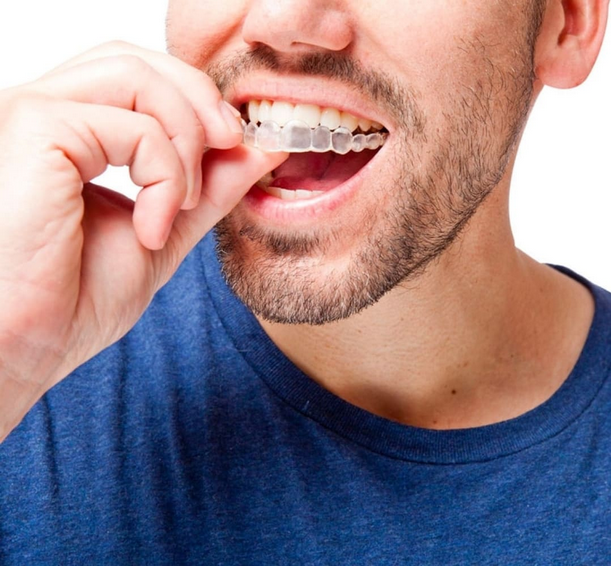Dental emergencies can happen at any time and can range from a knocked-out tooth to a severe toothache. While most dentures solihull emergencies are preventable with proper oral hygiene and regular dental check-ups, certain emergencies are unavoidable for dentists. In this article, we'll cover some of the most common dental emergencies that dentists encounter and how they can be addressed.
- Knocked-out tooth
A knocked-out tooth is a common dental emergency that can be caused by an accident or trauma to the face. If you or someone you know experiences a knocked-out tooth, it's essential to act quickly to increase the chances of the tooth being successfully re-implanted. Here's what to do:
- Retrieve the tooth by the crown (the top part that's visible in the mouth), being careful not to touch the root.
- If the tooth is dirty, rinse it gently with water. Do not scrub or remove any tissue fragments that may be attached to the root.
- If possible, try to re-insert the tooth into the socket. If this is not possible, place the tooth in a cup of milk or saliva to keep it moist.
- See a dentist as soon as possible, ideally within an hour of the tooth being knocked out.
- Toothache
A toothache is a common dental emergency that can range from mild to severe in intensity. It can be caused by a variety of issues, including tooth decay, a crack in the tooth, or an abscess (a pocket of infected pus). To address a toothache:
- Rinse your mouth with warm water to clean it out.
- Use dental floss to gently remove any food that may be stuck between your teeth.
- Take over-the-counter pain medication, such as acetaminophen or ibuprofen, to help reduce the pain.
- Apply a cold compress to the outside of your cheek to reduce swelling and numb the pain.
- See a dentist as soon as possible to determine the cause of the toothache and receive treatment.
- Broken tooth
A broken tooth can be caused by trauma to the face, biting down on hard foods, or grinding your teeth. If you experience a broken tooth, here's what to do:
- Rinse your mouth with warm water to clean it out.
- Apply a cold compress to the outside of your cheek to reduce swelling.
- If the broken tooth has sharp edges, cover them with a piece of sugarless gum or dental wax to prevent injury to your tongue or cheek.
- See a dentist as soon as possible to have the broken tooth repaired.
- Lost filling or crown
A lost filling or crown can be caused by biting down on hard foods or grinding your teeth. If you experience a lost filling or crown, here's what to do:
- Rinse your mouth with warm water to clean it out.
- If the filling or crown is still intact, try to place it back in the tooth. If it's not possible to re-insert the filling or crown, bring it with you to the dentist.
- If the tooth is sensitive or painful, you can use a piece of sugarless gum or dental wax to cover the exposed area.
- See a dentist as soon as possible to have the filling or crown replaced.





Comments